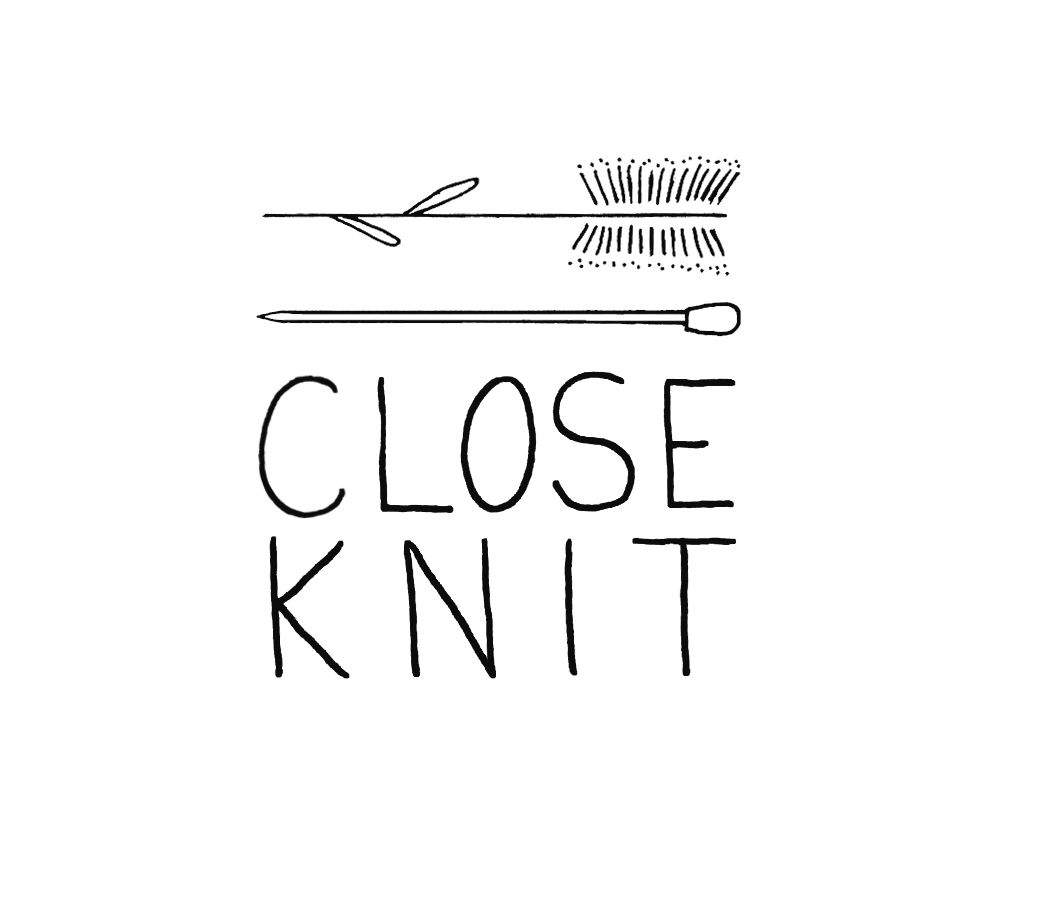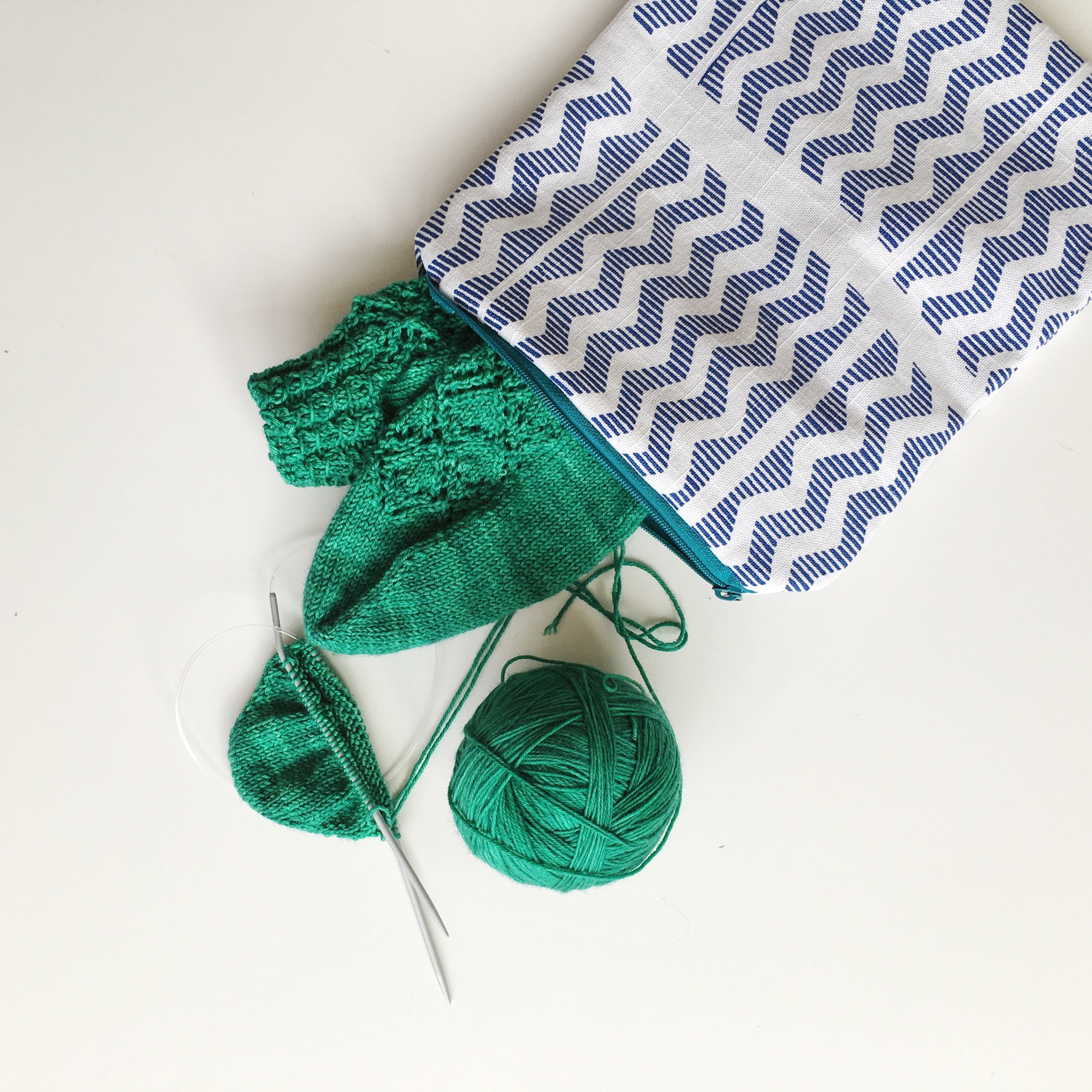EPISODE TWENTY FOUR :: Olive Riley of Spinning A Yarn - Keeping the Business in the Family + Balancing Full Time Work and Creative Projects
The Close Knit podcast showcases artists, designers, and makers from all over the world who work with fibre in its many forms. Knitters, spinners, sewers, textile artists - all will be celebrated on the Close Knit podcast.
This week I spoke to Olive Riley of Spinning A Yarn. Olive is a hand-dyer based in New Zealand. We talk about how a visit to the Massey University Open Day took her from wanting to study nursing to studying textiles, and how her schooling has influenced her work. Olive took over the business, Spinning A Yarn, from her sister Jess, and we talk about what it’s like to take over a business from a family member, and how they’ve worked together to grow the business.
Olive is generously sponsoring a giveaway of 3 skeins of her handdyed silk/merino yarn, here's how to enter:
1. Follow @spinningayarnnz on instagram
2. Follow @close_knit on instagram
3. Comment on this blog post with your instagram handle and name
GIVEAWAY CLOSES FRIDAY, 10th Feb, 2017 8am AEST.
Olive and I discuss how her education at Massey influenced her work. Whilst at uni, she took a natural dye course, but over time she has changed to acid reactive dyes, which she learned from Jess in their garage.
In addition to Spinning A Yarn, Olive works full time - for Wool Yarns, a yarn making factory, where she works on apparel yarns that are possum merino blends. She particularly loves getting to see the whole process of making a yarn from start to finish.
A major motivation that keeps Olive going: people giving positive feedback about the yarn. Sometimes she feels like she's not doing enough or it's not good enough, but meeting people who love the yarn is motivating. She walks me through the financial logistics of her business, and finds that it's a great way to pay for a hobby (and gives her yarn to play with). She's really happy with the size that it is, and that she doesn't rely on it for income - instead she finds that it pays for itself and for her to travel to 3-4 markets around NZ throughout the year.
Olive's biggest bit of advice:
"keep going, and enjoy it....do what you want to do. A tip for people learning a new fibre craft: try and do projects that teach you a new thing each time you're making something... choose patterns that challenge yourself"
People/ Things we mentioned in the podcast:
- Koel Magazine : beautiful magazine for makers.
- Laine Magazine: beautiful Nordic magazine with homely and warming aesthetic
- Truly Myrtle: Libby, Olive's gotten to know her at markets
- Marta Buda: beautiful weaver and textile design
Find Olive: website | instagram | facebook
Want more?
- Subscribe: Itunes or Pocket Casts
Like what you're hearing?
Awesome! I'm glad you've found your way to this podcast. Please feel free to subscribe, leave a review on iTunes (this makes all the difference to reaching more people!) and share with your loved ones. Thanks for tuning in.
Until next time!
xx
Ani




























